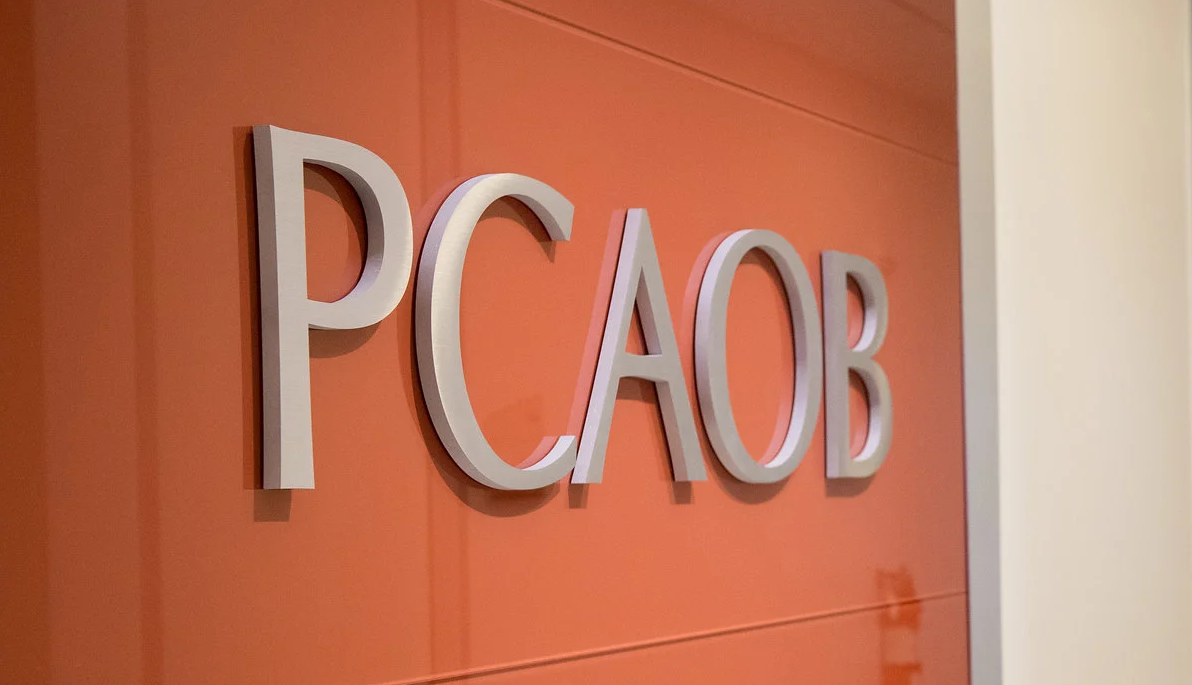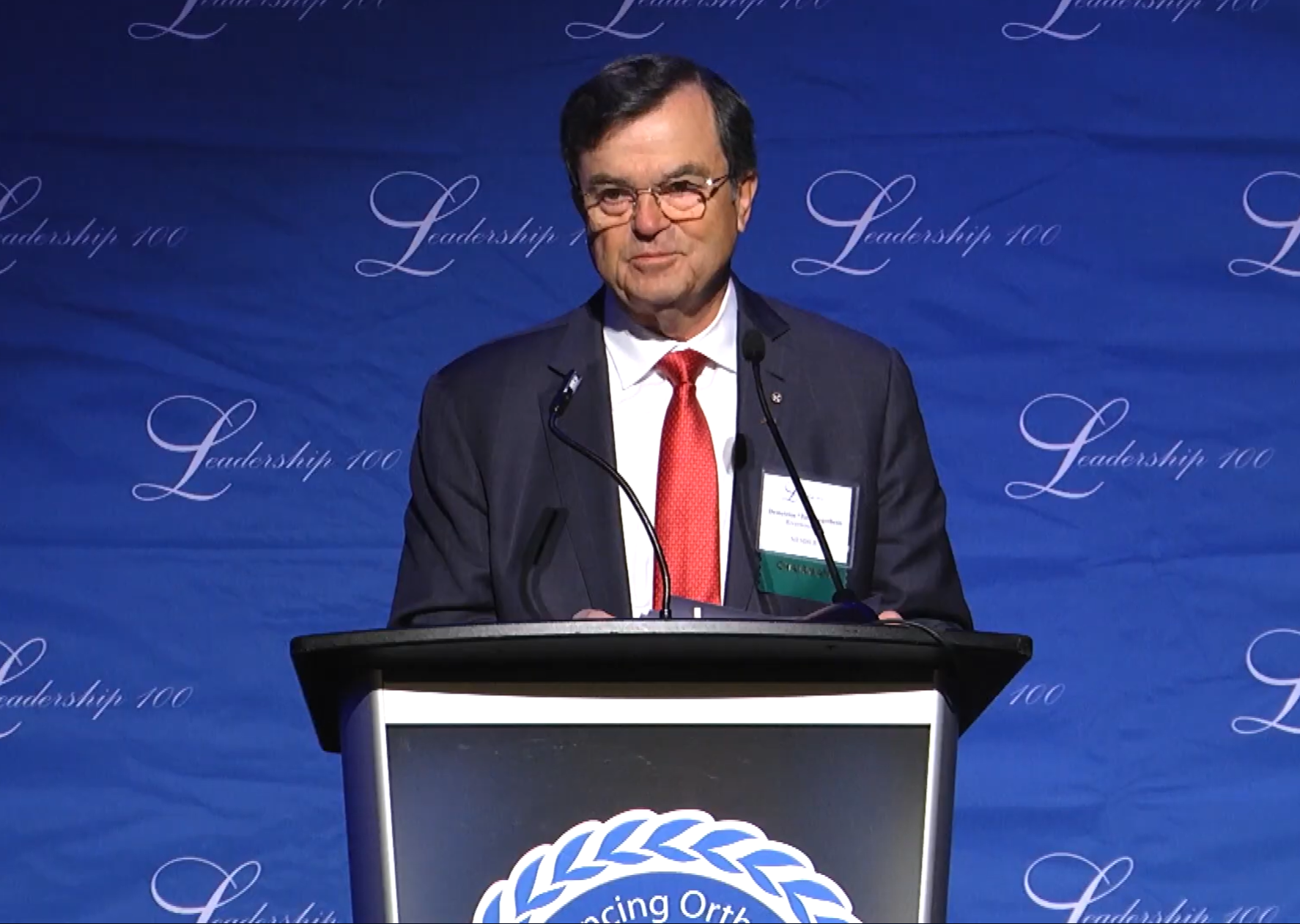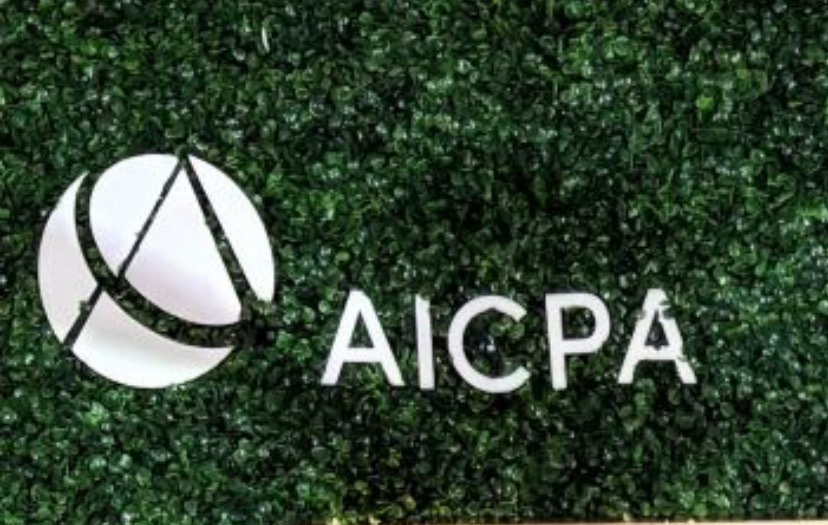Top 10 accounting firm Baker Tilly will pay a $500,000 fine as part of a Jan. 14 settlement with the Public Company Accounting Oversight Board for violating U.S. auditing rules and quality control standards.
During 2018 and 2019, the PCAOB said its inspectors identified and communicated to Baker Tilly significant engagement deficiencies that raised concerns about the firm’s engagement performance in certain issuer audits. Specific areas where deficiencies were found included the firm’s testing of internal controls and accounting estimates and its execution of engagement quality reviews.
Despite Baker Tilly’s awareness of these deficiencies and concerns, it failed to make effective changes to its engagement performance and monitoring policies and procedures to provide reasonable assurance that its personnel would comply with PCAOB standards in these areas in future audits, as evidenced by findings of similar audit deficiencies in these same areas in the 2021 and 2022 PCAOB inspections, the audit regulator said.
The PCAOB found that from 2021 to 2022, Baker Tilly’s system of quality control failed to provide reasonable assurance that the work performed by its engagement personnel met applicable professional standards and regulatory requirements.
Here’s a more detailed version of events from the PCAOB’s order:
In 2018, PCAOB inspection staff conducted an inspection of the Firm. In connection with the inspection, PCAOB inspection staff informed the Firm in 2018 and early 2019 of its findings regarding audit deficiencies, including findings that the Firm failed, in three ICFR audits selected for inspection, to perform sufficient procedures to test the design and operating effectiveness of controls.
These 2018 inspection findings related to, among other things, deficiencies in the Firm’s testing of controls over allowances for loan losses (“ALL”), valuation of available-for-sale securities, and the existence of inventory. The findings also concerned deficiencies in the Firm’s testing of the process used by management to make estimates in two ICFR audits the inspectors reviewed. Lastly, the findings included deficiencies in the performance of an EQR in one audit. Specifically, PCAOB inspectors found that in this audit, the Firm’s engagement quality reviewer did not appropriately evaluate an area that the engagement team had identified as a significant risk. These inspection findings, among others, were memorialized in the 2018 PCAOB Inspection Report.
In November and December 2021, PCAOB inspection staff conducted the next inspection of the Firm. PCAOB inspectors again found deficiencies in the Firm’s testing of controls in ICFR audits and in testing estimates. Specifically, with respect to all three ICFR audits selected for review, PCAOB inspectors again identified deficiencies in the Firm’s testing of the design and operating effectiveness of controls. Additionally, the 2021 inspection findings again included deficiencies in issuer audits related to the Firm’s ALL testing and, more generally, in testing of estimates. The 2021 inspection further found repeat deficiencies in the performance of EQRs. In particular, in five of the audits reviewed, PCAOB inspectors again found that the Firm’s engagement quality reviewers did not appropriately evaluate areas identified as significant risks.
In 2022, the PCAOB conducted another inspection of the Firm. In the issuer audits selected for review during that inspection, PCAOB inspectors once again identified deficiencies similar to those that they had brought to the Firm’s attention in connection with the 2018 inspection. In three of the four ICFR audits reviewed, the inspectors again identified deficiencies in the Firm’s testing of the design and/or operating effectiveness of controls selected for testing. In 10 of 12 audit engagements reviewed, the inspectors again identified deficiencies in the Firm’s testing of accounting estimates. And in 10 of the 12 engagements reviewed, the inspectors again found deficiencies in the performance of EQRs.
Accordingly, despite being put on notice through the 2018 inspection of significant deficiencies in multiple audits in the areas of ICFR auditing, testing of accounting estimates, and performance of EQRs, the Firm failed to take sufficient action to provide reasonable assurance that its personnel would comply with PCAOB standards in these areas in future audits, as evidenced by the findings in these areas in the 2021 and 2022 PCAOB inspections. Accordingly, from 2021 to 2022, the engagement performance element of the Firm’s system of quality control failed to provide the Firm with reasonable assurance that the work performed by its engagement personnel met applicable professional standards and regulatory requirements, in violation of QC 20.

“Deficient quality control systems put investors at risk,” PCAOB Chair Erica Williams said in a statement. “The PCAOB will hold firms accountable for failures to maintain appropriate quality control systems and protect investors.”
In addition, from 2021 to 2022, Baker Tillys’s monitoring procedures related to its internal inspections also were deficient and failed to provide the firm with a means of identifying and communicating circumstances that may necessitate changes to or the need to improve compliance with its policies and procedures that contribute to the monitoring element, the PCAOB said.
Without admitting or denying the findings, Baker Tilly settled with the PCAOB and agreed to:
- A censure;
- Pay a $500,000 civil money penalty;
- Engage an independent consultant who will review and make recommendations concerning the firm’s quality control policies and procedures; and
- Conduct training for all issuer audit staff.
“Today’s order should remind firms that an effective system of quality control is essential to the performance of quality audits,” said Robert Rice, director of the PCAOB’s Division of Enforcement and Investigations. “If firms fail to maintain effective systems of quality control, we will hold them accountable.”
Thanks for reading CPA Practice Advisor!
Subscribe Already registered? Log In
Need more information? Read the FAQs




